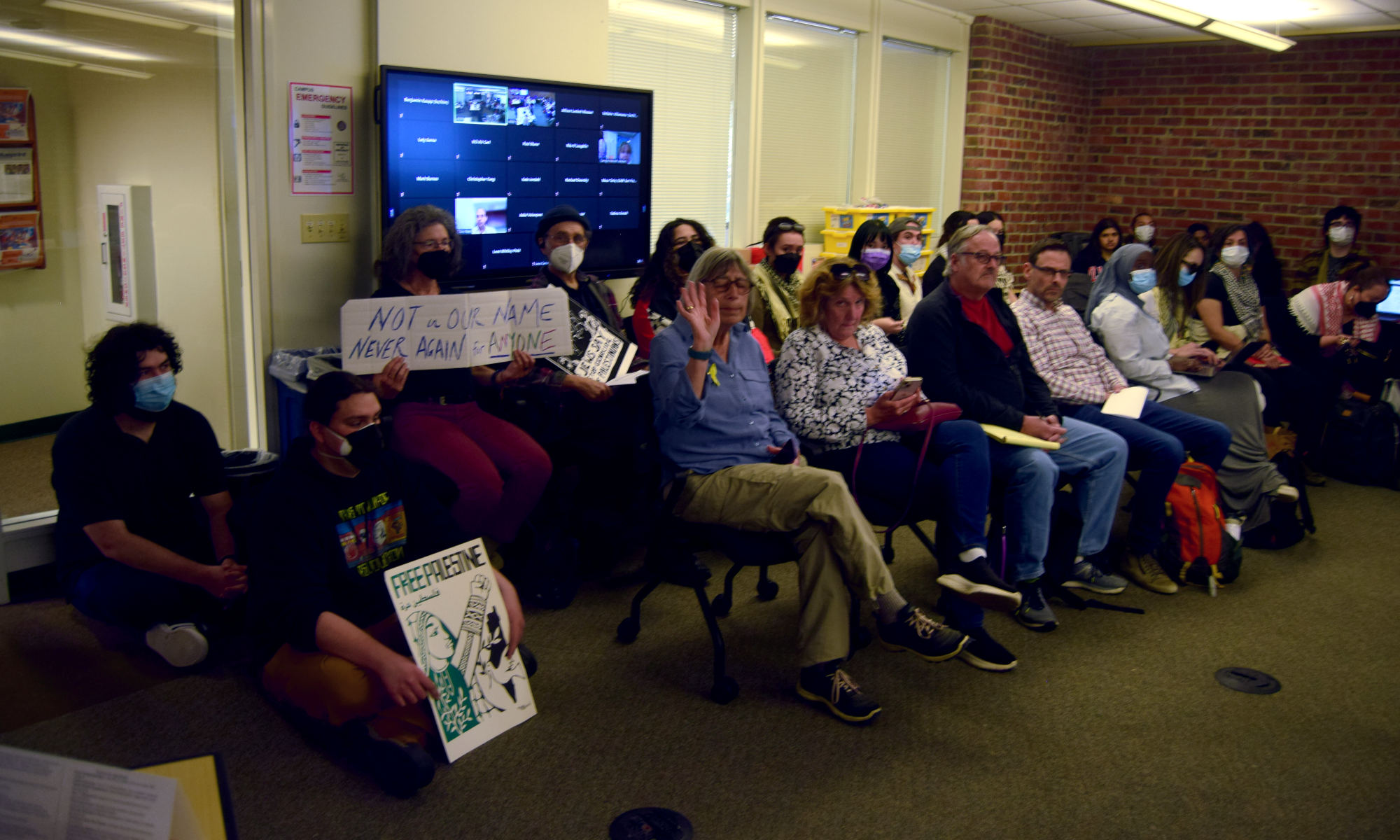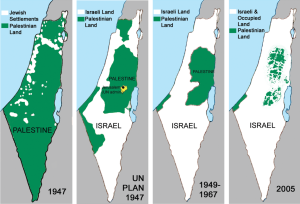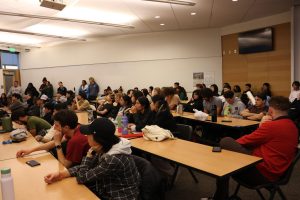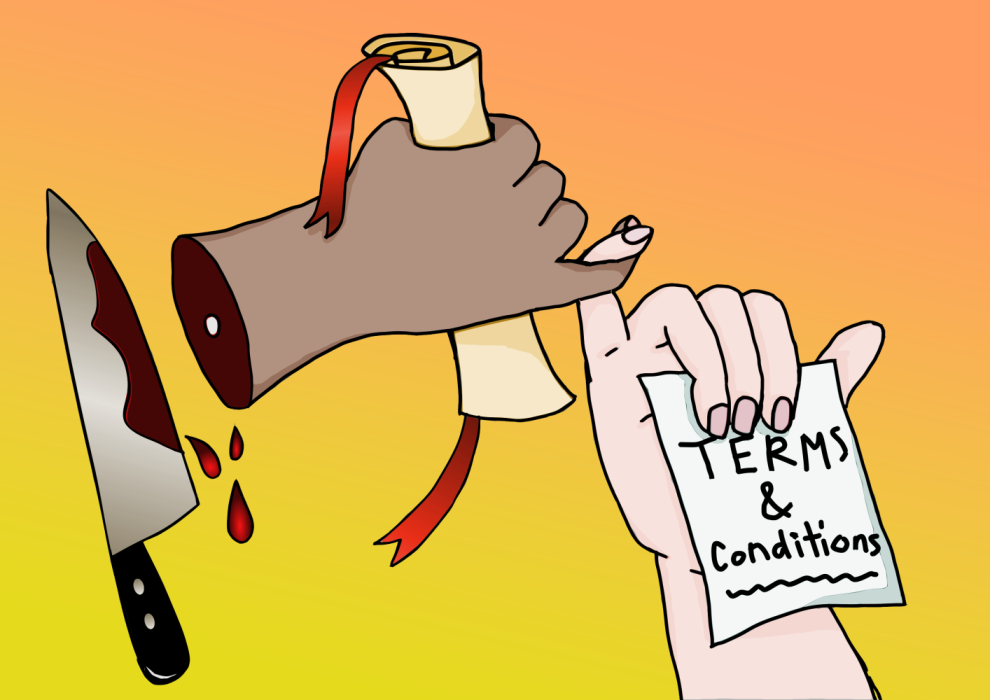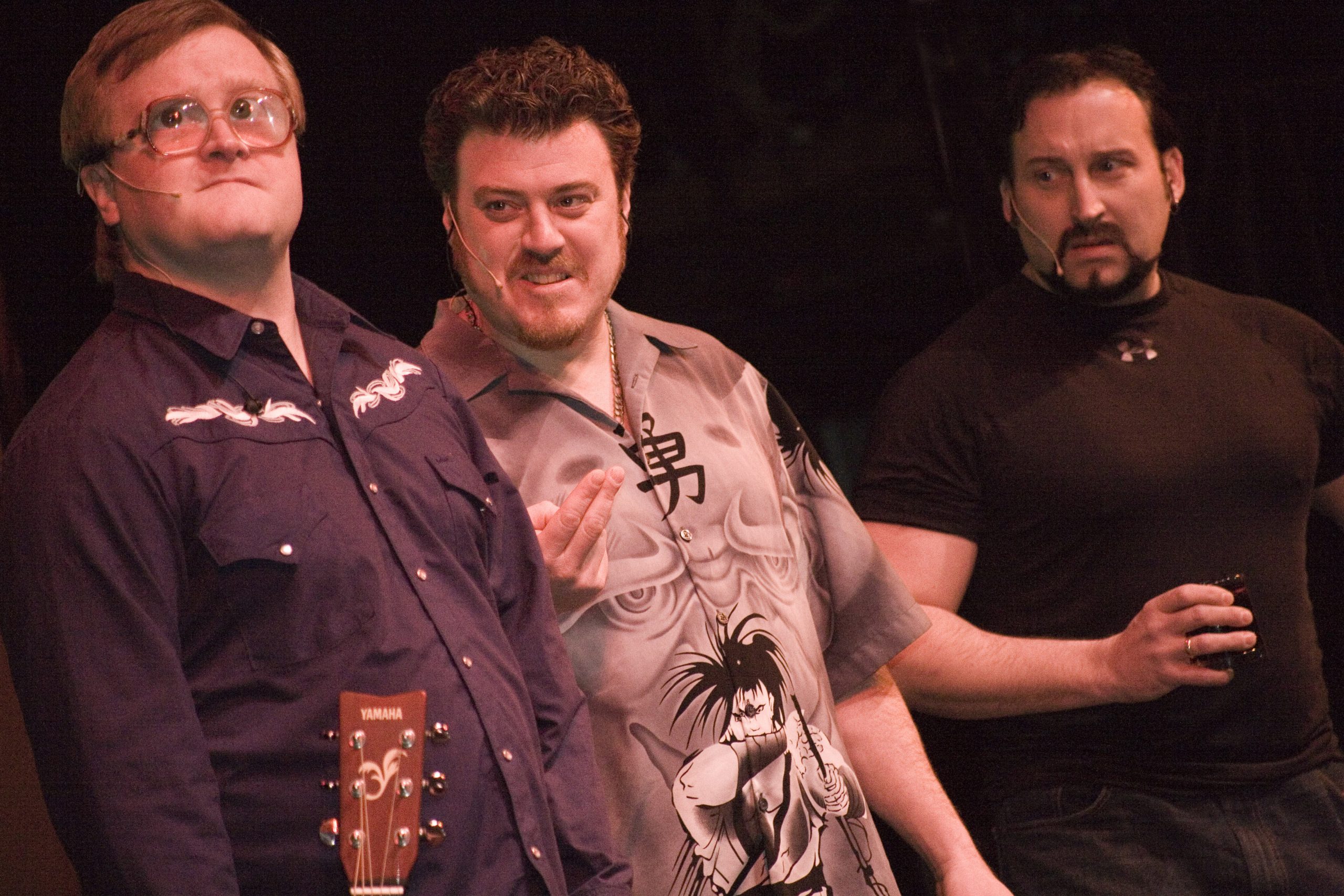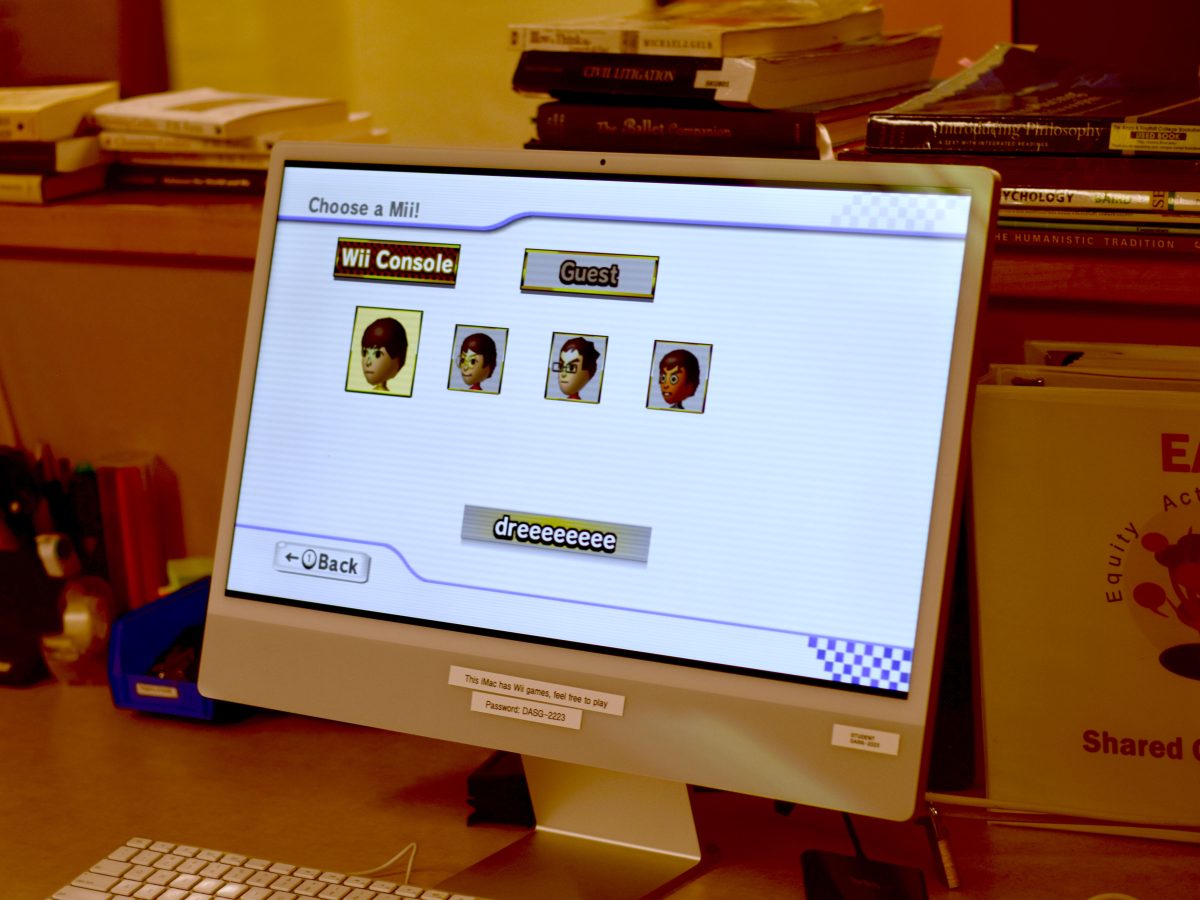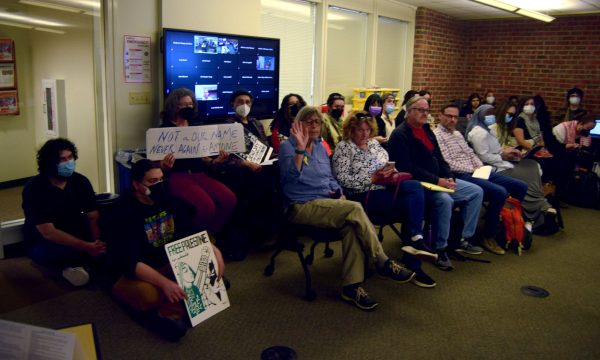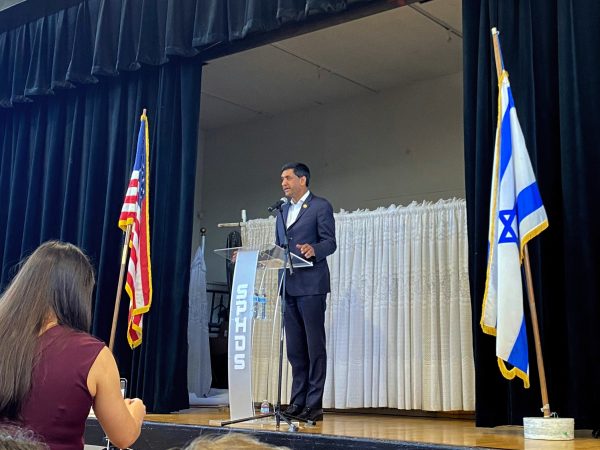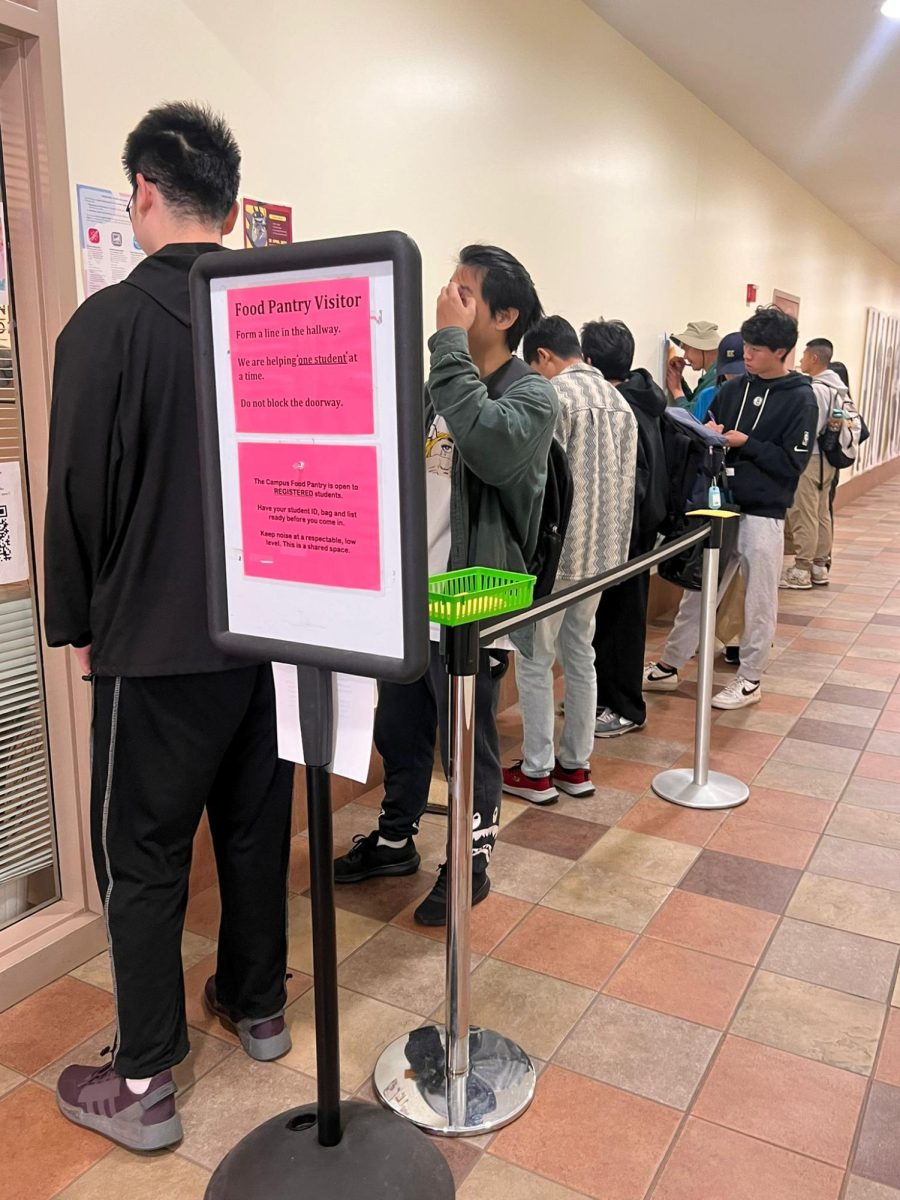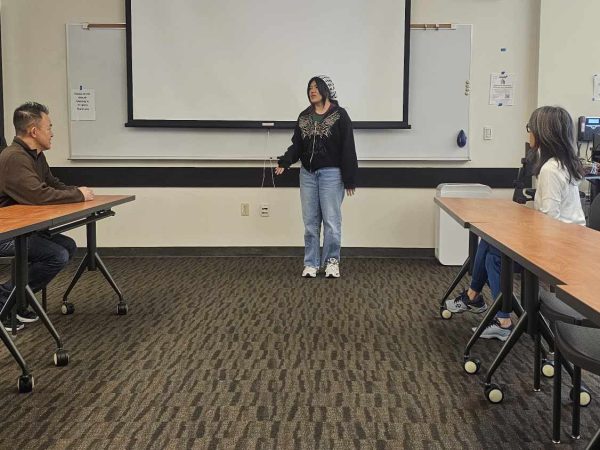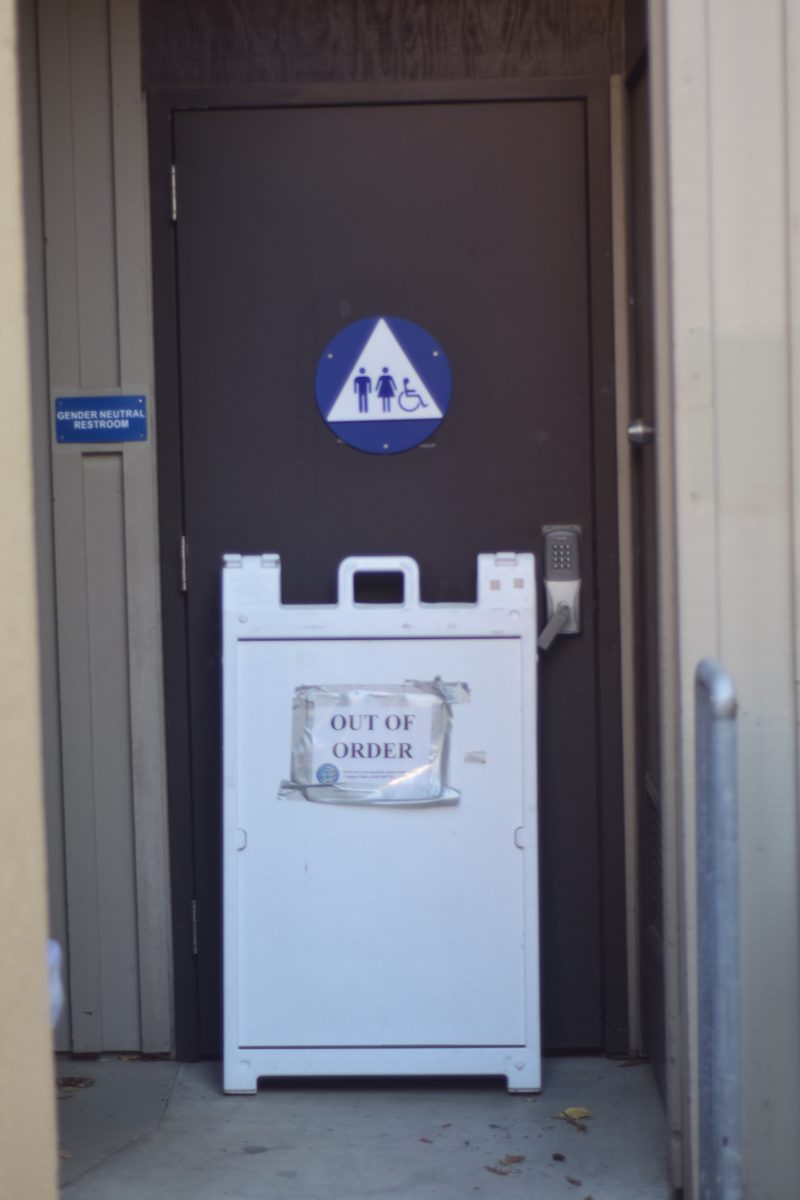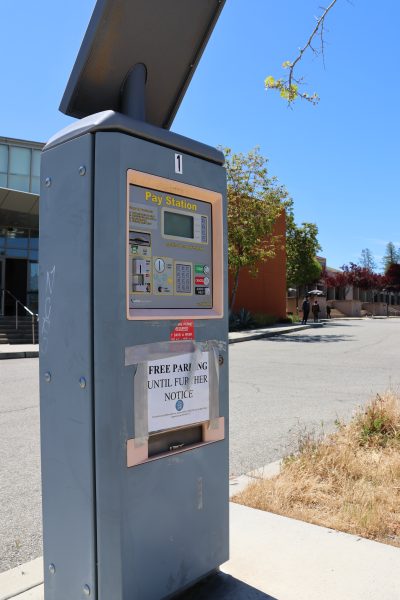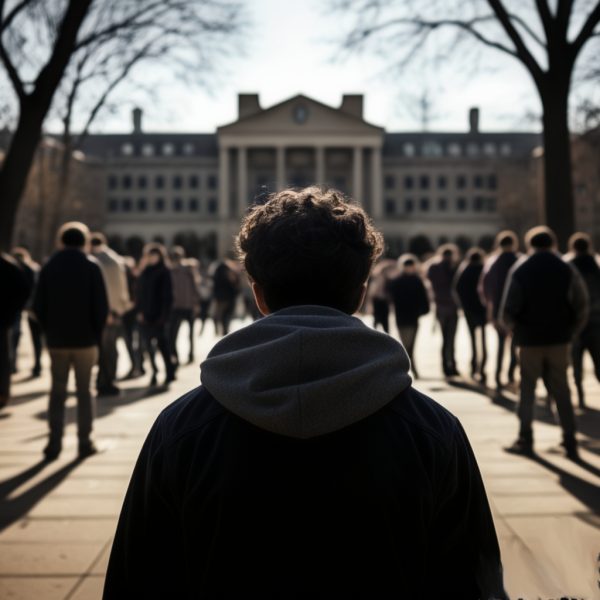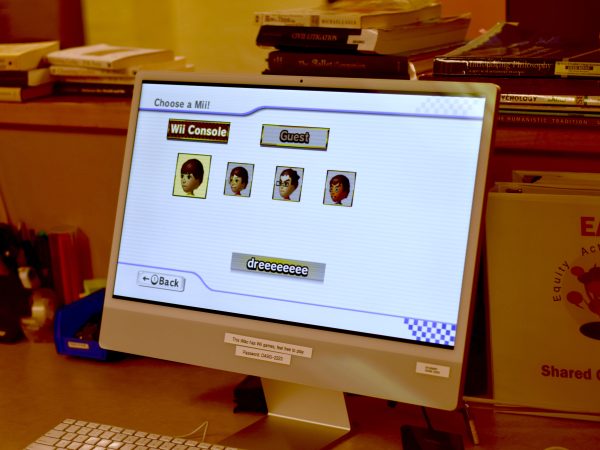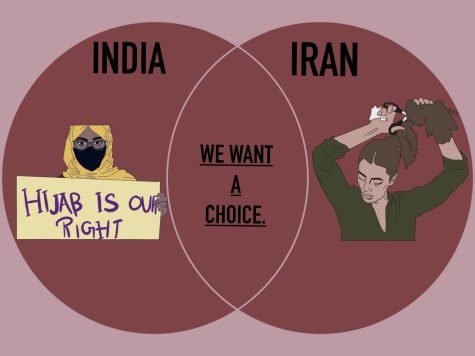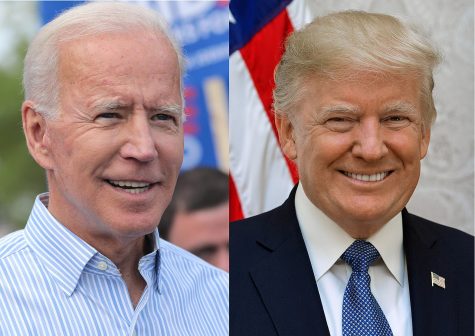Conflict between U.S., Iran leaves impact on De Anza staff, students
January 23, 2020
After Iran accidentally shot down passenger jet Ukraine International Airlines Flight 752 in Tehran this month, Yeganeh Modirzadeh, English instructor, found out that some of her friends and relatives had died in the crash.
The downed plane is one of the recent events that has occurred following the assassination of Iranian general Qasem Solemani, conducted by President Donald Trump.
“Why do such a terrible thing in modern times?” asked Modirzadeh, after hearing about the assassination. “I am worried for this planet and everything/one on it, and can only hope that all forms of imperialism become something of the past, and that we all focus on empathy and education.”
The tensions between Iran and the U.S. are not new. Earlier this year, President Trump placed an oil embargo on Iran, which led to riots among the Iranian people.
Nika Nicole, 19, political science major, had family in Iran at the time, who were affected by the turmoil in the streets, which included burning down buildings.
“It was terrifying because my mom was in Iran at that time and I couldn’t talk to her or any of my family,” Nicole said. “My family couldn’t even afford to have water.”
Farideh Dada, journalism instructor at De Anza College and San Jose City College, also has family and friends in Iran who she worries for in light of recent events.
“The recent uprising in Iran, as the result of the U.S. assassination of Qasem Soleimani and the Ukrainian plane crash, has miserably disrupted their normal lives.”
After many years of vetting, Farideh’s relative, who lives in Armenia, was scheduled to receive a visa at a U.S embassy in order to join her relatives in America. Her appointment was cancelled indefinitely.
Robert Ovetz, professor of international relations, described the situation as brinkmanship, the provocation of an adversary to the brink of war. The downed airplane, he said, is an example of the effects of war.
“Mistakes get made in the fog of war, and those people who died tragically on that airplane are an example of some of the unintended consequences of being in an adversarial warlike situation,” Orvetz said.
The relationship between Iran and the U.S. remains strained, as Iran is dealing with the after effects of the assassination and their own retaliations against the U.S.
Dada hopes that going forward, Iran finds a solution that creates peace, rather than furthering any retaliative actions.
“The U.S. should de-escalate the situation because we are talking about the Middle East region, where even a tiny trigger may blow up the whole region,” she said. “There is no military solution to solve Iran’s problem. A democratic government is the solution to Iran’s problem, and that should come from within Iran.”




